Affiliate links on Android Authority may earn us a commission. Learn more.
Why use a VPN: The advantages and benefits you should know about
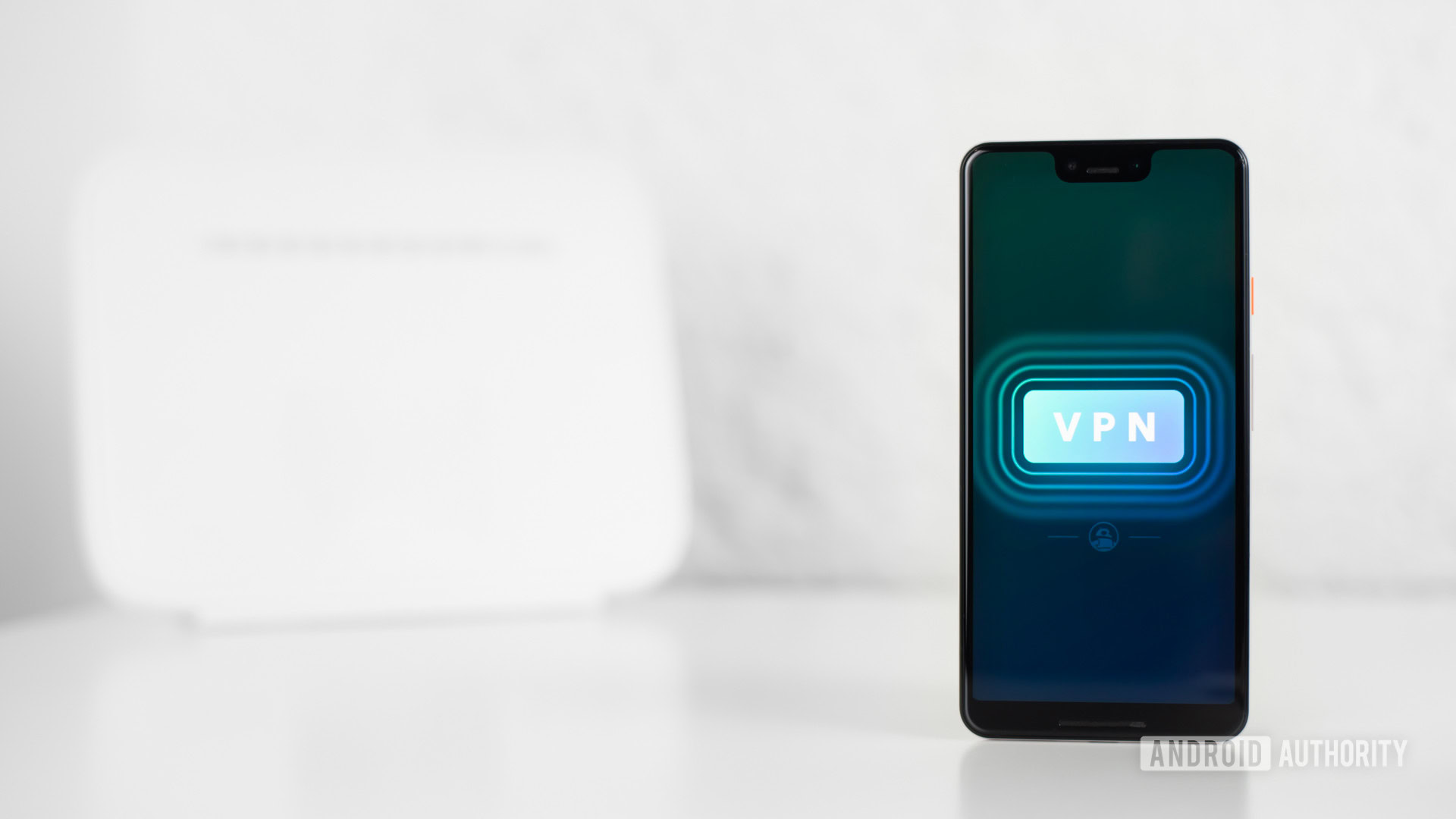
You’ve probably heard of VPNs in the past and probably even have a hint of what they are. One of its most popular purposes is avoiding geographical restrictions on websites, but a VPN can do much more than that. Many argue every user should take advantage of VPNs for many reasons, which we’ll cover in this feature.
Also read: What is a VPN, and why do you need one?
What is a VPN, and what does it do?
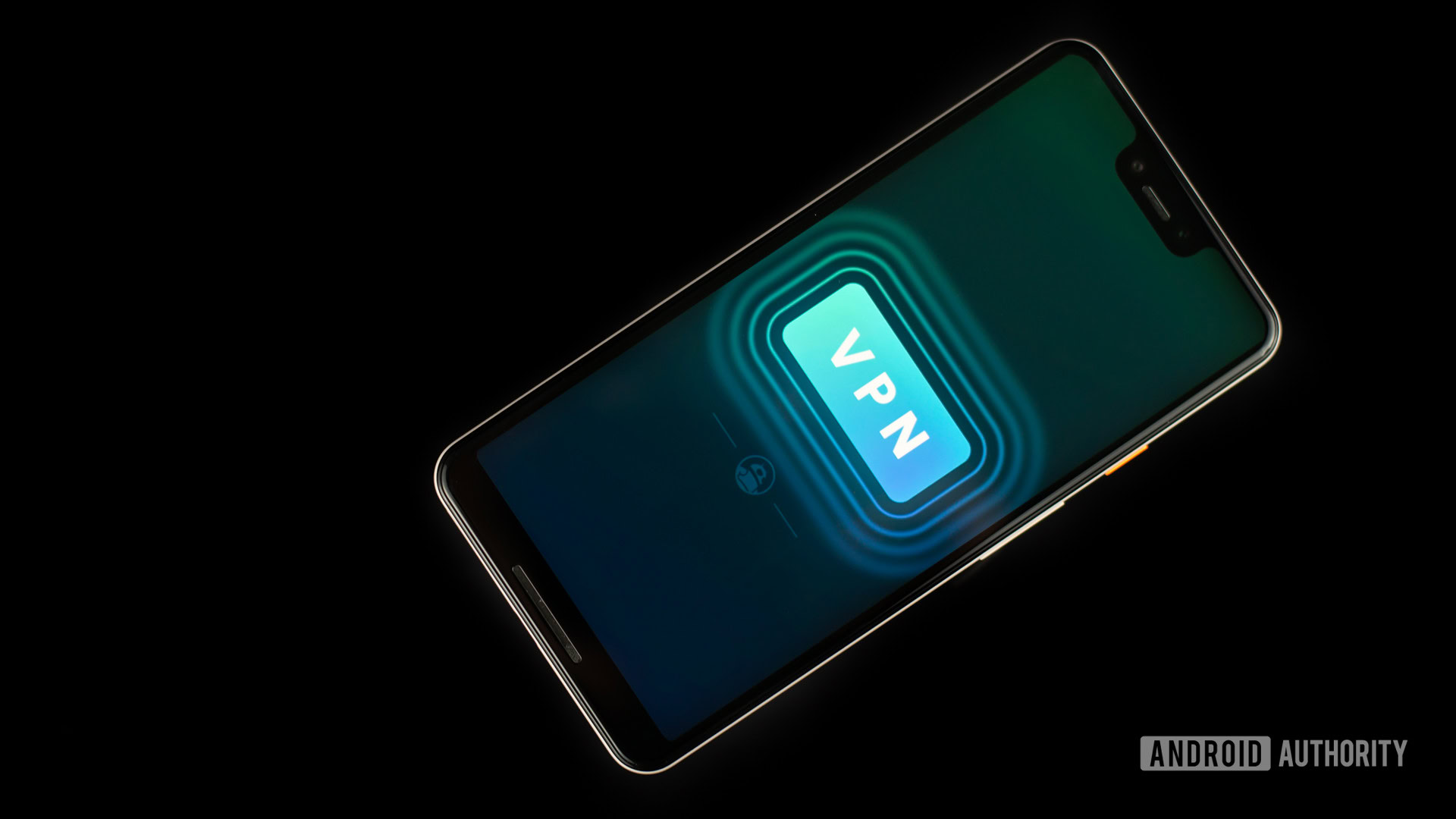
Before diving into all the benefits of using a VPN and why you need one, let’s quickly look at what it is. VPN stands for “virtual private network.” It’s a method used to secure your browsing activity, mask your location, unlock internet restrictions, etc. We’ll cover all the benefits in the following sections. For now, we’ll help you understand VPNs better.
How do VPNs work?
The concept is pretty complex, but the general idea is relatively simple. When using a VPN, your internet-connected device will connect to a remote server supplied by your VPN provider. In turn, this server will reroute all your activity to the internet from its end. This means that, to the internet, all your activity will seem to be coming from the server and its location. The same will happen the other way around. Everything coming from the internet will reach your VPN’s servers before being sent to your device.
Are connections encrypted?

You may be wondering what happens with your direct communications with the VPN provider. While it’s not a given, a major feature in the market is encryption. VPNs also like mentioning that they have a no-logs policy, which means they keep no tabs on anything you do, where you are, or any of your information.
Again, none of these are inherent features of VPNs, but they are valued in the community. Ensure your virtual private network provider offers encryption and a no-logs policy if you want the most security possible. They usually do, unless it’s a free service.
How much does a VPN cost?
While we’re on the topic of money, this is another essential factor to consider. There are some free services out there, but they are limited in one way or another. These can be slow, less protected, have bandwidth restrictions, and more.
If you want free access to your services, you’ll want to pay up. Prices vary depending on the features and needs you require, but a fair price for consumers is usually around $3 to $10 a month. Some offer discounted yearly plans, and a few even have lifetime pricing.
Believe it or not, there are some free VPN services too. Just keep in mind these might not always be the most secure, or might even keep logs of activity. After all, they have to make money somehow, and one way to do this is by selling information.
Can I use a VPN with multiple devices?
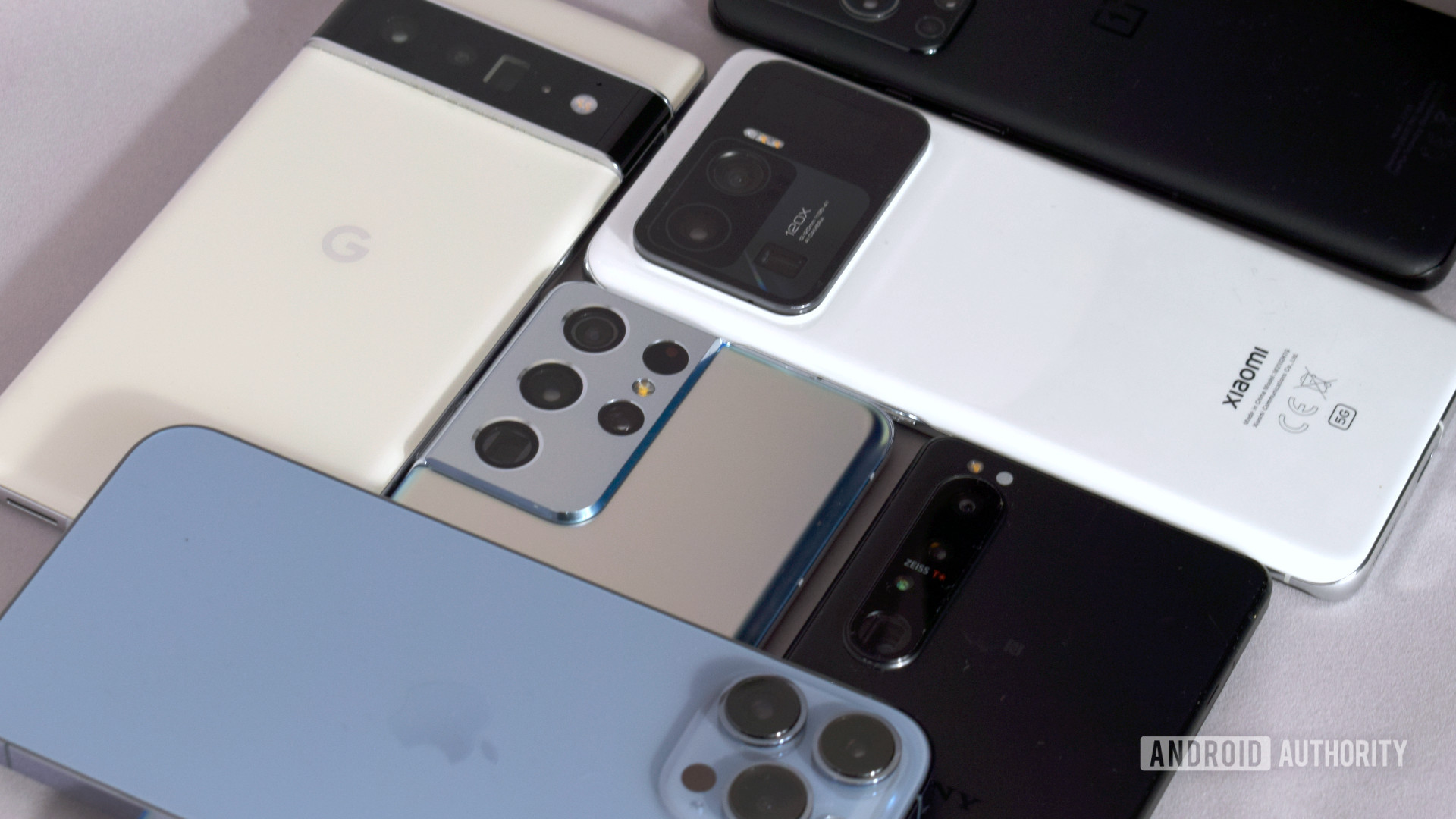
You usually can if you’re using a paid service, but this is not always the case. Some VPN providers offer unlimited simultaneous connections, but these are rare. SurfShark is one of the most popular ones. You usually get a set amount of simultaneous device connections you can use. Nord VPN allows six connections, for example. ExpressVPN allows for five.
One way to get around this limitation is by finding a provider that has support for VPN routers. This allows you to protect every connection in your Wi-Fi network.
Here: The best VPN routers
Why get a VPN? Here are the main benefits
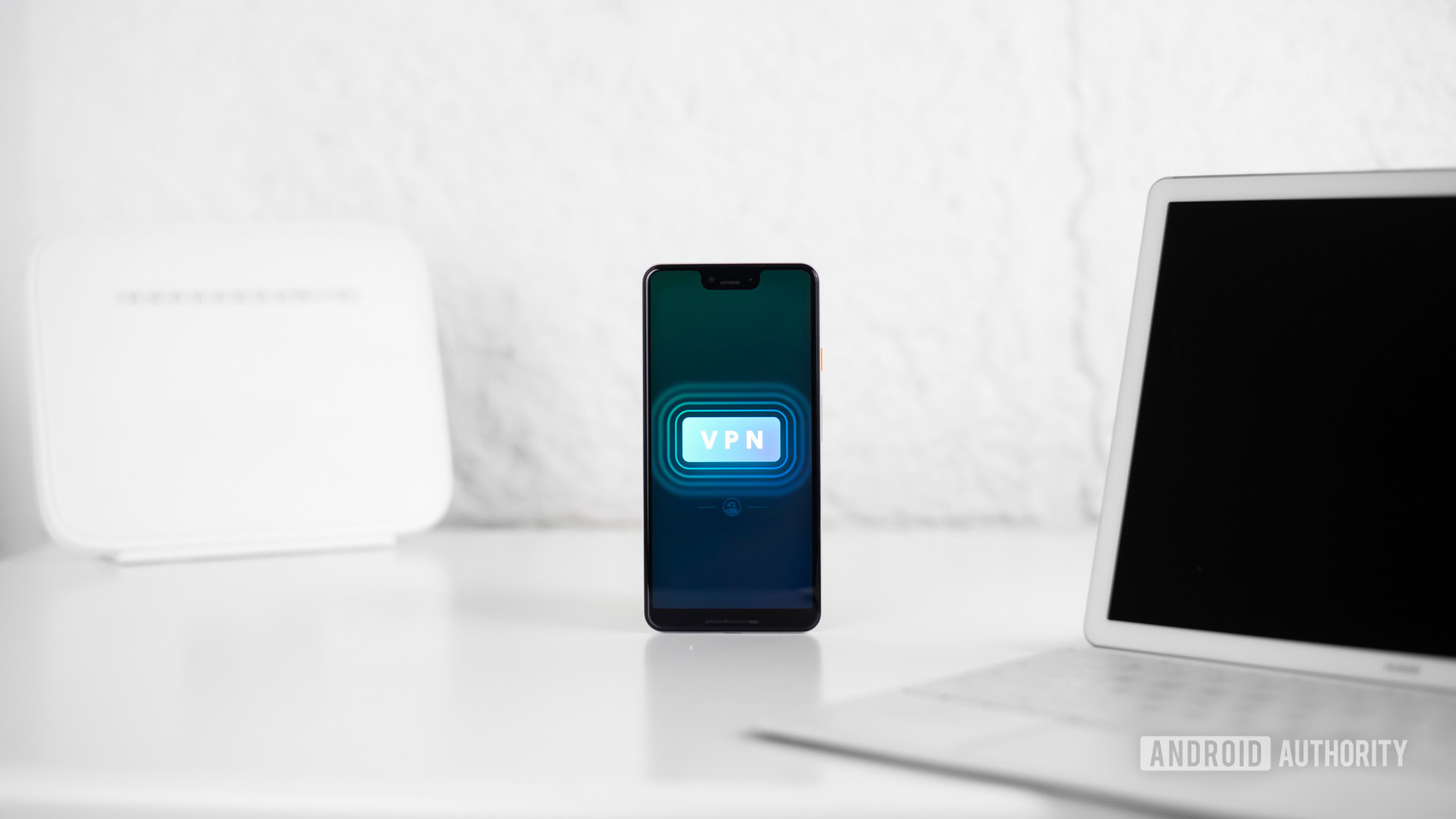
As mentioned above, there are multiple reasons to use a VPN, and this is why every person should consider using one. Let’s go over some of the main ones.
Privacy and security
One of the biggest benefits of using a virtual private network is to keep your data secure and online activity confidential. An ISP (Internet service provider) and some organizations have ways to keep track of everything you do online. If you think going incognito is all you need to do, you couldn’t be further from the truth.
Some automatically associate using a VPN or trying to keep your activity private with nefarious purposes. That’s certainly not the case for a large majority of users. The reason why most people use a VPN is simply because of the peace of mind it offers.
A virtual private network’s obvious security and privacy advantages come when connected to a public Wi-Fi network. Wi-Fi could be widely available at coffee shops, restaurants, bars, and school campuses, depending on where you are. However, there’s no way to know what kind of security is available on these networks. Some can even use these public connections to snoop and steal your data. As a rule of thumb, never do anything like online banking when connected to such networks without a VPN.
Getting around geographical restrictions: streaming, music services, etc
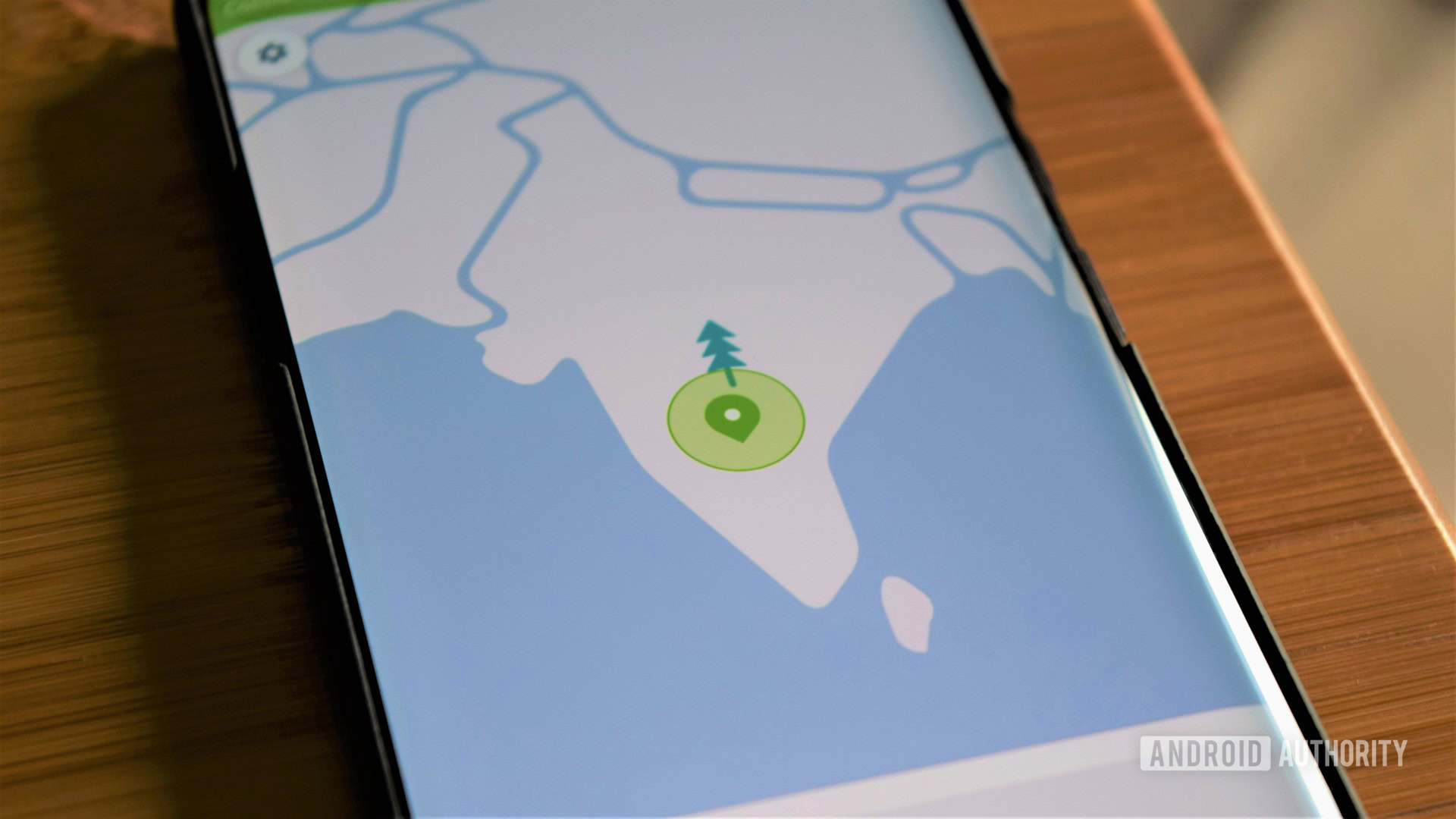
This is one of the most popular reasons people use VPNs. When using a virtual private network, you can often pick which country you want your connected server to be in. If you wish to access a website or service that only works in the USA, for example, and you’re in Spain, you can activate your US virtual private network connection and use the service. In addition, some schools don’t allow foreign connections, and remote work might require that you’re in a specific country.
Warning: Keep in mind that using a VPN to access a service from an unsupported market or region may break the terms of service. In addition, many of these services have been actively trying to block devices using a VPN connection. They may even cancel your account. Do your research before you attempt to do this.
Unlocking deals from other regions
Did you know websites and online services often target different markets with different pricing structures? For example, you might get a higher price if you try to buy something from a wealthy neighborhood in California. Alternatively, companies might have deals that target specific cities or states. With some research and the right VPN server, you might be able to save some money.
Related: How to set up a Chromebook VPN
Working remotely

If you work in a corporate office, you probably have to connect to an internal or local area network (LAN) at work. When quite a few people whose job affords them the capability are now working from home, a virtual private network lets you connect to the office network and work remotely. You can access any confidential information you need that would otherwise only be available in the office. The data is encrypted as it travels to and from your home.
Remember that corporate VPNs used to connect to office networks are very different from the consumer-grade services that we generally talk about for personal use. You, or the company’s IT administrator, will need to manually set up the VPN on your devices first to ensure that you have access to the office network as required.
Avoiding restricted Internet use
Most of us see the internet as a truly free environment where free speech and information are just the standard norm. This is not the case for everyone, though. Certain governments, organizations, or networks restrict what people can and can’t do online. A virtual private network might help you browse the internet freely and bypass these filters.
Warning: We won’t advise that you do or do not use a virtual private network in these instances, as it can be illegal. Again, do your research and know what’s legal where you are before moving forward.
Avoid throttling
One of the downsides of using a VPN is that it inherently slows your internet connection, at least by a little. There are instances where it may keep your internet connection speedier, though. Some internet service providers throttle certain types of content. Using a VPN, your service provider won’t know what you’re doing online, so it can’t throttle you.
More: How to set up a VPN on Android, Windows, and more
Plenty of pros, but are there any downsides to using a VPN?
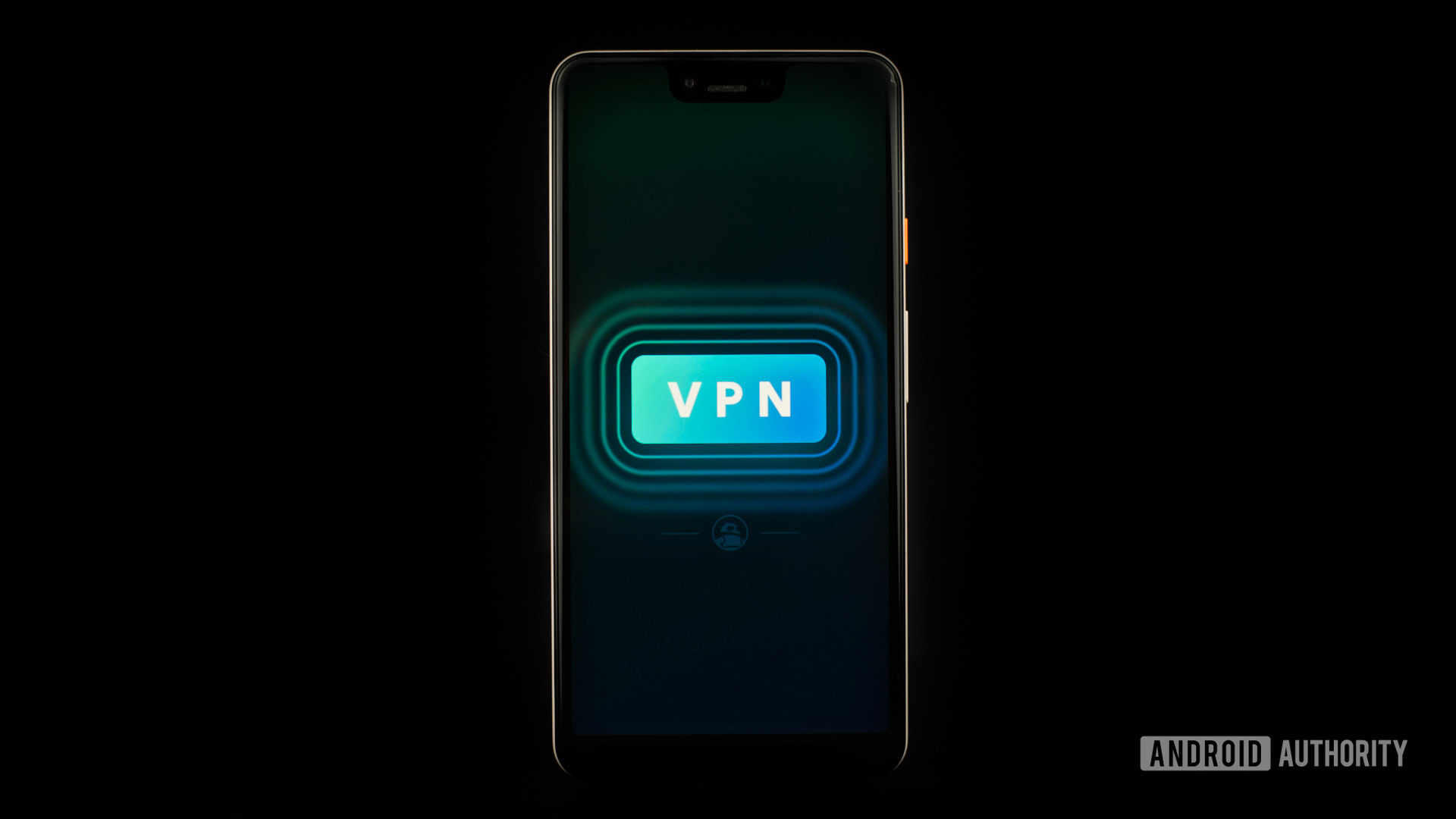
As you can see, there are plenty of reasons why you should use a virtual private network. Nothing is perfect, though, and while there are many pros, VPNs are not without cons.
Slower connection speeds
The biggest downside is a drop in connection speeds. You are sending your data to another location before it heads to the right web server. The same applies to incoming data. This, unfortunately, means that connection speeds will almost always be slower than your normal, non-VPN speed. Depending on the server location, the drop can be pretty significant.
Along the same lines is the server load. A VPN provider has finite resources, and a server may get overloaded if there are too many simultaneous connections. Connection speeds may drop, or you may be unable to connect at all. Luckily, most good VPNs feature multiple servers at every location, and you generally don’t have to worry about server load with premium services. This is why you should always look for VPN service providers with fast servers, and a wide variety of them.
A virtual private network connection can drop unexpectedly as well. If you don’t notice this change, you will continue to use the internet while thinking your information is safe when it no longer is. Once again, most VPNs have a way around this issue with something called a kill switch. This feature blocks all Internet traffic if the connection drops and only works again when it reconnects. In the meantime, you’ll be browsing without an active VPN connection.
Legal problems
Using VPNs can be outlawed in some countries, especially if you’re using one to do prohibited things. These services offer anonymity, privacy, and encryption; it’s still a risk you may not be willing to take since associated punishments can often be quite harsh.
Websites and services can block VPN users

Lastly, some online services have a system to detect the use of VPNs. If they think someone is connecting via a virtual private network, they can block access. Netflix is one such service that goes out of its way to block access to those using a virtual private network.
They aren’t always successful, but you may want to avoid using a VPN with certain services. You may be breaking their terms of service, which means they could cancel your account if they so choose to. In the best cases, they’ll block you from using it until you turn off the virtual private network and go back to a supported region.
Some VPNs are bad with privacy
As mentioned above, privacy isn’t a genuinely inherent feature in VPNs. Your VPN provider has to offer it. Some VPNs, especially free ones, make money from grabbing all your data and selling it to third parties. It may be safer not to use a virtual private network in many cases. This is why you need to make sure you sign up for a virtual private network that offers both encryption and a no-logs policy.
Good VPNs cost money

Don’t be scared; some VPNs are very safe and private. You have to pay up to get the good ones. It’s not uncommon to pay up to $10 a month for a good virtual private network service. The check can add up once you start looking for super-fast speeds, business solutions, and more. This is an obvious downside to VPNs, as spending more money isn’t always fun. Paying may still be worth it, though.
The best VPN services
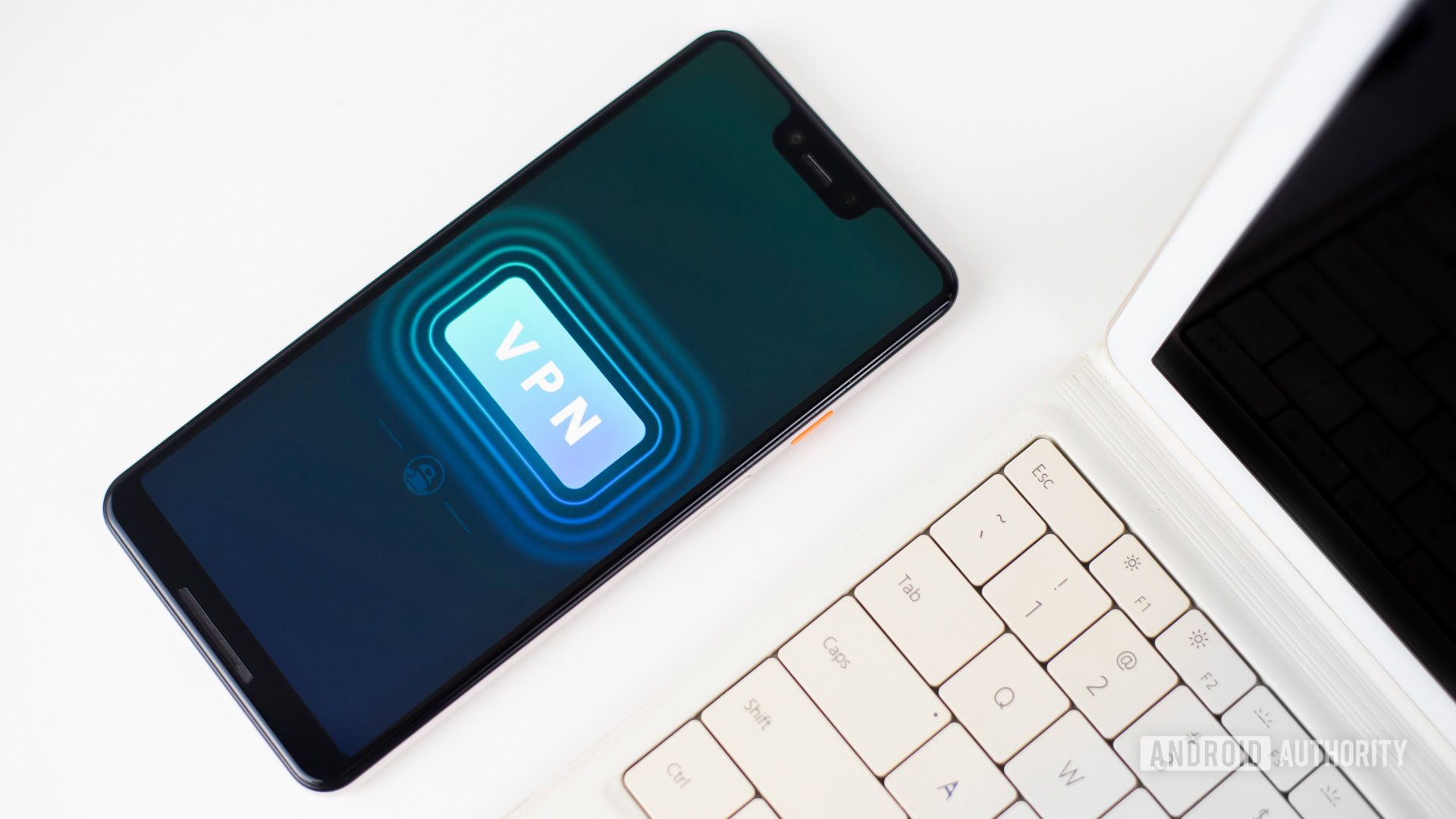
We’re huge fans of virtual private networks here at Android Authority, so we’ve put together plenty of lists of the best VPNs for every type of user. Please look at some of our articles to find the right fit.
Are you looking for more ways to keep your device secure? We have a guide for hiding your content and one for what you should do when you lose your phone. Additionally, we can help you find out if someone is spying on your phone.